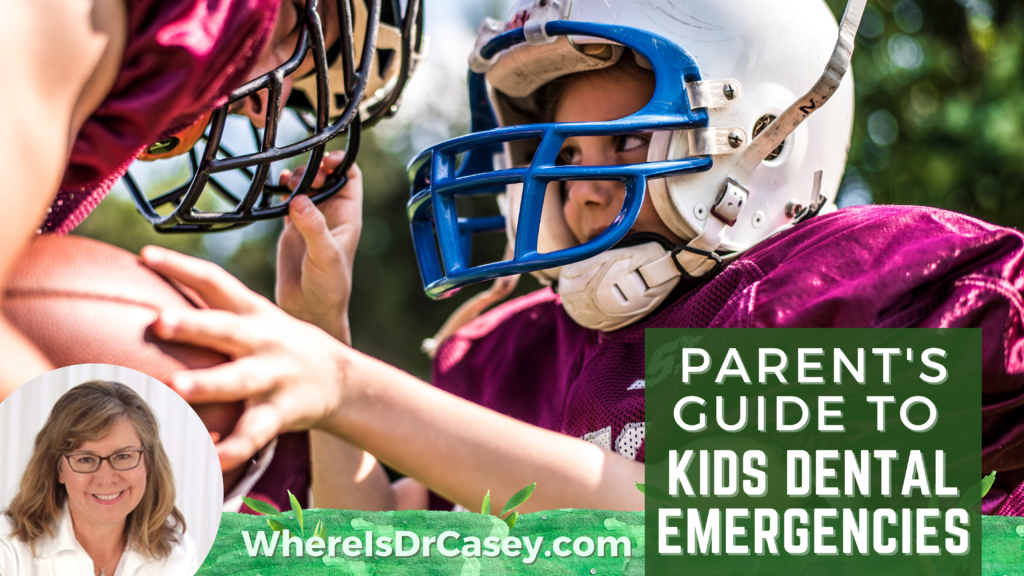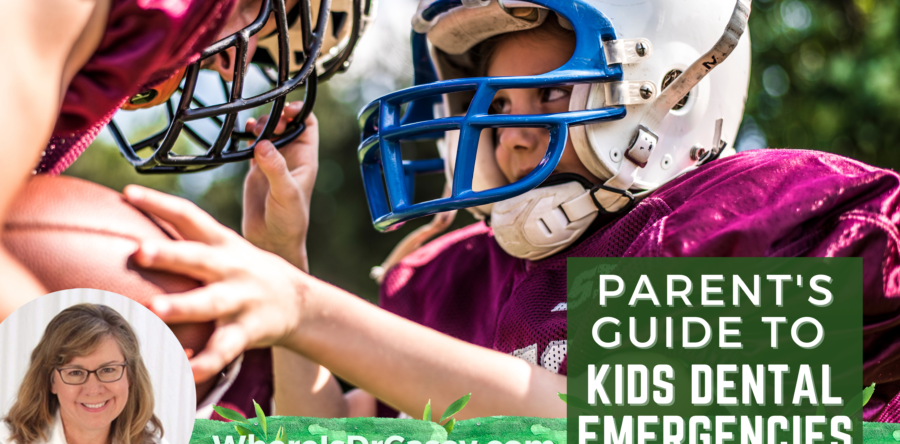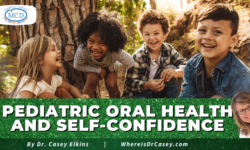
Dental issues aren't always food-related! We know that dental accidents happen, especially with kids. In fact, oral injuries are the most common among sports. The best way to respond to dental injuries is to know how to react. This is why we think it’s important for all parents to know these simple dental emergency tricks…
What Do I Do If My Child Knocks Their Tooth Out?
This is surprisingly a common injury, especially in contact sports! Although, it can honestly happen to any child, in many different circumstances. If a child’s tooth falls out, even if it is a baby tooth, the first thing you need to do is find the tooth. Then you should immediately place the tooth in a container filled with milk, a cup or Ziplock bag works. This will preserve the tooth while you are on the way to see your dentist. If you don’t have access to milk, have the child place the tooth in their mouth between their lip and gums. The dentist will then decide if the tooth can be placed back in, as well as check to ensure there are no pieces broken off in their gums.
What If My Child Cracks A Tooth?
A cracked tooth is not quite as serious as a knocked-out tooth, but it can still cause discomfort in children. The best course of action is to quickly rinse out their mouth with warm water to clean the area. This will help to prevent an infection from starting. Next, place a cold compress on their face near the injured area. This will help prevent swelling, as well as help alleviate some of the pain. While it’s not as serious as a knocked-out tooth, it is still very important that they visit their dentists soon! Cracks create easy access for plaque and bacteria to infect your child’s tooth and lead to tooth decay.
What Do I Do If My Child Bites Their Lip Or Tongue?
This is probably the most common oral injury with small children. In most cases, the injuries are very minor and heal up in a day or two. For these injuries, the best solution is to clean the area gently with warm water. Then apply a cold compress until the bleeding stops. If there is excessive bleeding that you can’t stop or severe pain, immediately take your child to their pediatric dentist or an emergency room. While this is a very common injury, a majority of these cases are easily fixed with some “T.L.C.” from mom or dad!
What If I Think My Child May Have Broken Their Jaw?
While this is a less common injury for children, it does happen. Most of the time these injuries occur during competitive sports! This is why we recommend that all of our little athletes wear mouthguards during contact sports. The first thing to do is to apply a cold compress to the face near the suspected break. This will help to control the swelling, making it easier for a doctor to diagnose. One of the most prevalent symptoms of a broken jaw is not being able to open their mouth very wide. If your child is having difficulty with this doesn’t have them continue to try to open it. Have them gently hold their jaw, alleviating some of the pain and pressure. Immediately head to your pediatric dentist or an emergency room. If it is possible call ahead, this will help ensure that your child promptly receives the treatment that they need.
Dental Injury Prevention
Not all dental injuries can be prevented, but the ones that happen during contact sports can! The easiest way to ensure your child’s safety and limit the possibility of dental emergencies is by using mouthguards. Cowabunga Kids Dental offers all of our little athletes custom-fit mouthguards, the most reliable solution in competitive sports. For the injuries that don’t occur during sports, there’s only so much you can do for prevention. However, there is no reason that you can’t be prepared just in case. Many families have “emergency kits” in their houses, cars, and even sports bags! The American Dental Association recommends that families with “emergency kits” add Save-A-Tooth! A product that can preserve a tooth while you get your child to their pediatric dentist.
Dental injuries happen, it’s part of life. Being prepared and knowing what to do in emergency situations is the best situation to be in, especially when it comes to children. If you are interested in finding out more tips on handling dental emergencies, feel free to contact us!







0 Responses